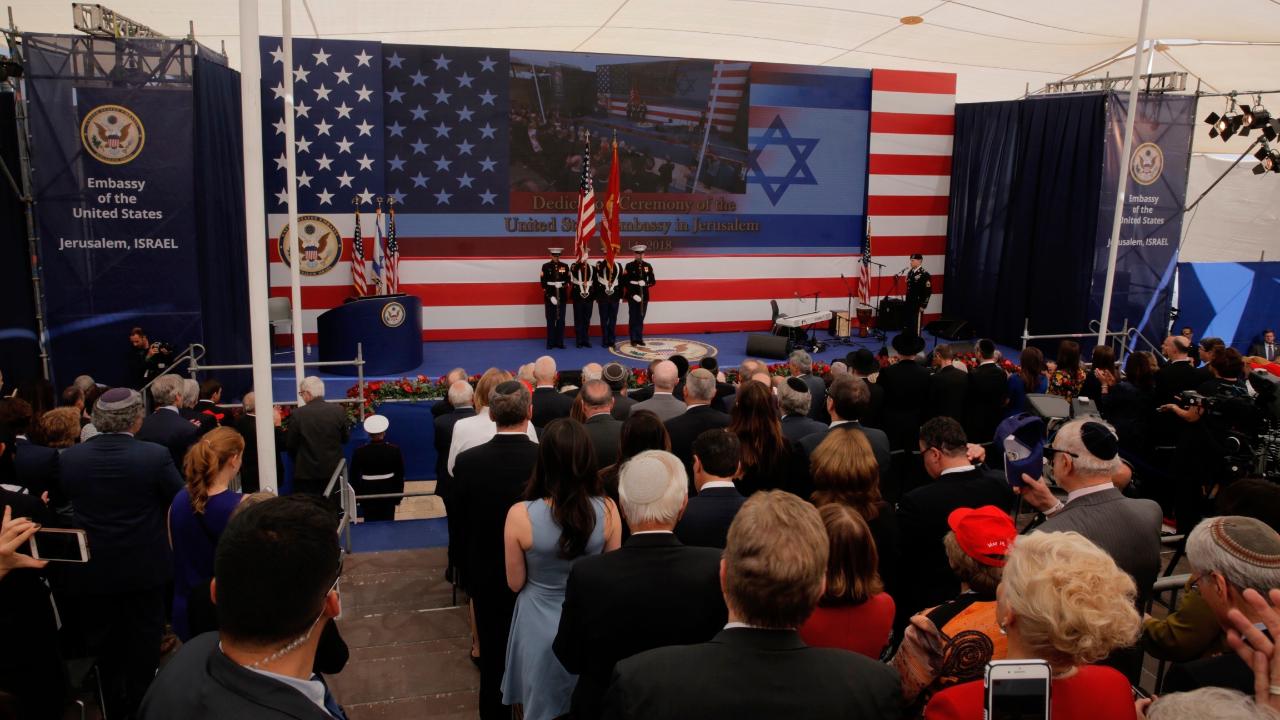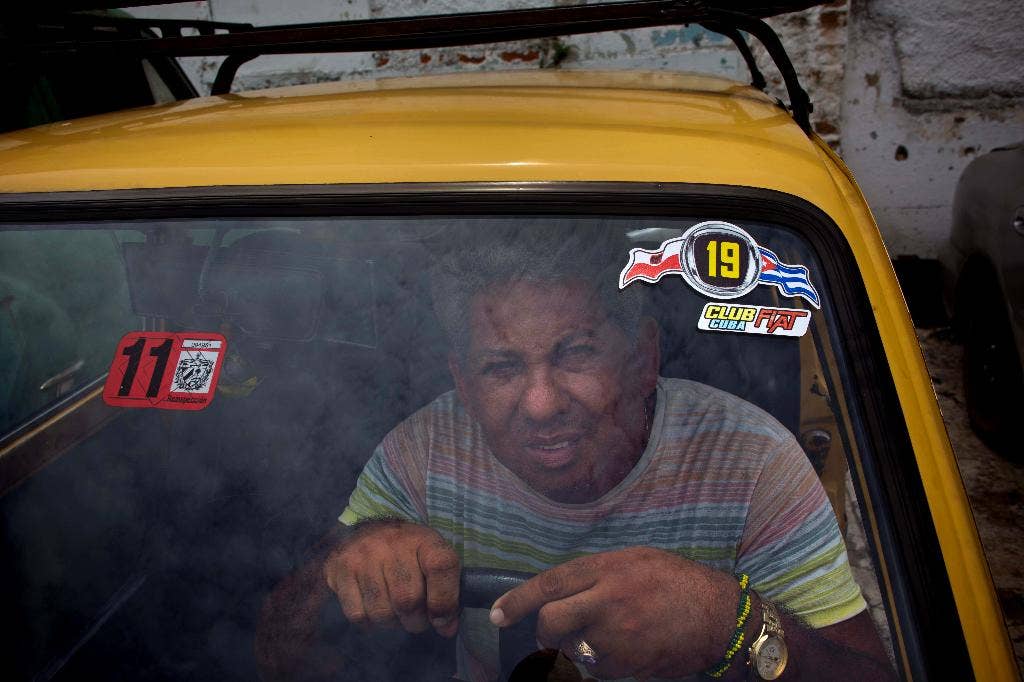YANGON, Myanmar – Afflicted by cancer, former President Jimmy Carter won’t be present for Myanmar’s watershed election Sunday. But the center founded will, monitoring a vote in a crisis-ridden corner of the world for the 101st time to ensure polling is free and credible.
The Carter Center’s 70 monitors, supported by local personnel, are the first Americans to monitor an election in this Southeast Asian country, ruled by the military for half a century and still under its long shadow. The government’s invitation reflects how much U.S.-Myanmar ties have improved since tentative reforms were introduced in 2011.
“This election is an important one in Myanmar’s ongoing democratic transition. We are pleased and honored to be here,” said Jason Carter, delegation co-leader and grandson of the president.
They have plenty of company. In stark contrast to decades past, the government has opened its doors wide to observers from 28 countries, who together with local watchdogs number nearly 11,000.
Eric Bjornlund, president of U.S.-based Democracy International, said the Carter Center stands out because of pioneering election work in 38 countries in which it helped establish international norms and introduced innovative techniques. It was also a prime mover in the adoption of the Declaration of Principles for International Observation.
“Carter has single-handedly elevated the significance and the professionalism of the practice of election observation,” said Bjornlund, also the author of “Beyond Fair and Free: Monitoring Elections and Building Democracy.”
The 91-year-old former president and Nobel Peace laureate has taken part in many election-monitoring missions, most recently in Guyana in May. Three months later, he announced that melanoma cancer had spread to his liver and brain, and has since been undergoing treatment. During a moving press conference he said he had enjoyed a wonderful life and was “looking forward to new adventure.”
Carter has scaled back his work with Atlanta-based center, which also tackles everything from fighting Guinea worm disease to seeking a two-state solution in the Israeli-Palestinian conflict.
But the center says he is still keeping tabs on Myanmar, where the group’s head of monitoring teams, Jonathan Stonestreet, said election officials are “open with us and very welcoming, but there are some gaps in transparency.”
The ruling, military-backed United Solidarity and Development Party faces a strong challenge from pro-democracy leader Aung San Suu Kyi and her National League for Democracy party. Support for the NLD appears strong in much of the country, but there are concerns that vote-rigging will skew the official result.
Election monitors can’t be everywhere: There are about four polling stations for every observer.
“Places where there are observers, the government will make sure the elections are run properly. In places where they are not, that’s where cheating will take place,” said Hkun Kyi Myint, a village elder in southeastern Karen state.
In a briefing for election monitors, a Carter Center legal analyst, Meaghan Fitzgerald, said there are fewer election safeguards in place for people who must vote outside their hometowns — notably soldiers on military bases, where commanders control voting procedures.
Some people are certain to be disenfranchised, namely the 1.3 million Rohingya Muslims who are barred from voting for the first time since Myanmar gained independence. With Buddhist nationalism on the rise, major parties have avoided running any Muslims for parliamentary seats.
Other concerns voiced by the center include numerous errors and omissions on voter lists, and cancellation of elections in a larger-than-expected number of areas where government troops are battling ethnic minority insurgents.
Carter, who founded his center with his wife, Rosalynn, in 1982, said it election work has generated some of the most exciting and emotional moments of his life.
In a recent video on the center’s website, Carter reminisced about the highs and lows, like the 1989 election in Panama under dictator Manuel Noriega when he confiscated the voting records and declared the elections fraudulent; his car was stoned on the way to the airport. Two years later, when Zambia’s autocratic leader Kenneth Kaunda was defeated, nobody could find a copy of the country’s constitution or knew how a transition worked, so Carter had to orchestrate the swearing-in ceremony of Kaunda’s successor.
Carter continues to be involved in international politics beyond elections. Last month, he contacted Russian President Vladimir Putin to offer him maps: publicly available work by the Carter Center that shows Russia’s airstrikes in Syria have mainly targeted U.S.-backed opponents of President Bashar al-Assad, rather than the Islamic State group, as Moscow claims. It appears the Russians didn’t share Carter’s well-known sense of humor.




Leave a Reply